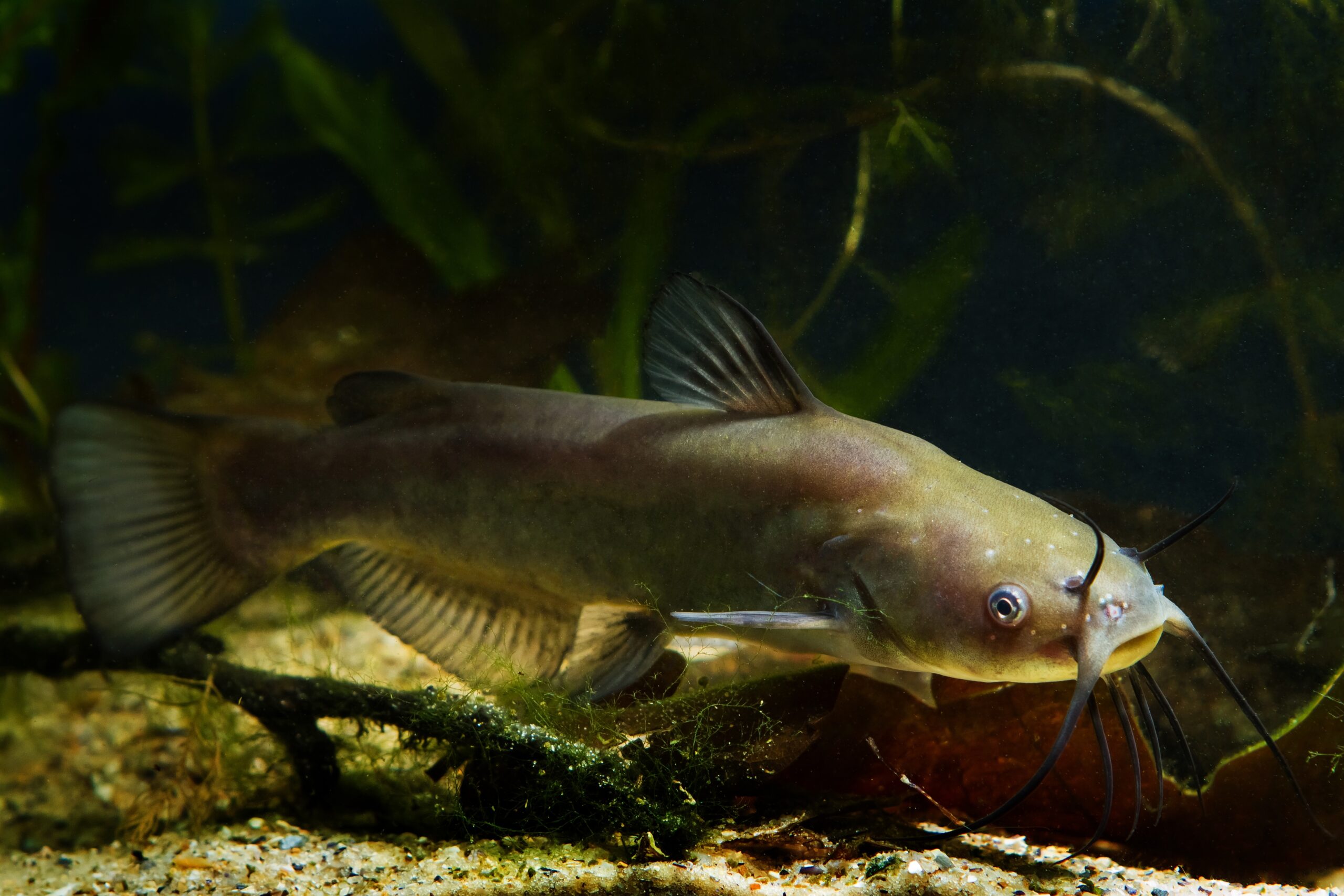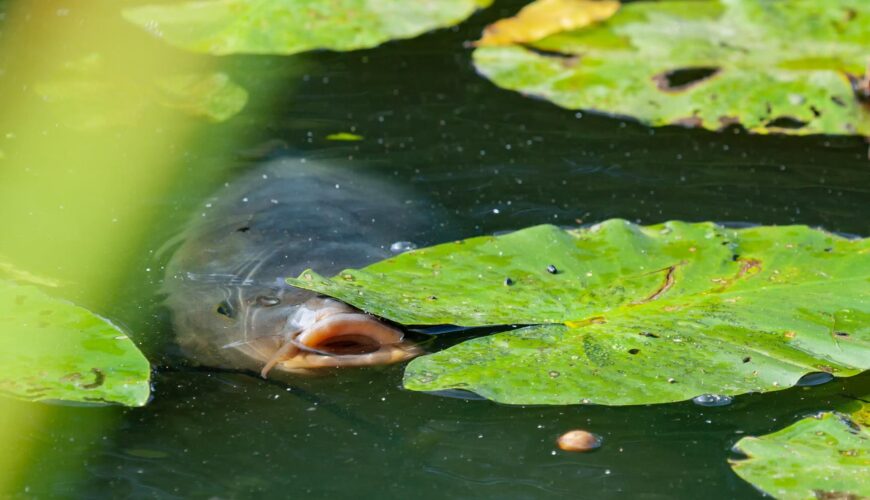Tactics
Sporting Clays Technique: How To Deal With Teal
November 24, 2025 •Mark Chesnut
July 14, 2022
Last week I wrote about the amazing sense of smell and taste catfish possess. Salmon swimming the open ocean follow the subtle scent trail of the river in which they were born to home in on the exact location of their birth when they mature and make their own spawning run. Catfish possess a sense of smell as much as 100 times greater than salmon.
That’s why eliminating odors from food, tobacco, gasoline and other contaminants are one key to the success of the top tournament catfish anglers. The other side of the equation is, of course, fortifying catfish baits with scent applicants to make them more appealing.

For anglers using cutbaits (chunks of shad, bluegills or other fish), one of the biggest issues is keeping fresh bait on the hook. A cutbait is never better than the first few minutes after it’s put in the water. Then it starts to wane as the scent dissolves and washes away with the current. Top catmen regularly refresh their rigs, replacing waterlogged, scent-stripped baits with a new blood- and oil-riddled chunk.
How often to change? That’s the question. Particularly when bait’s in short supply, the temptation to leave your bait in the water longer and longer prevails and you end up fishing with a dud hunk of bait. Enlivening a new or used bait with some type of scent additive can make a significant difference, not only in attracting catfish from distances, stretching your bait supply and also triggering them to bite.
As catfish approach prospective prey, taste kicks in. It’s well documented that a catfish’s entire body is covered with taste buds, although the special structures are most densely concentrated around the mouth and barbels. Cats can taste food without mouthing it, simply tickling it with their whiskers.
Top catfishing pro, John Jamison chooses to pre-chunk his baits prior to fishing, placing the cut-up pieces of fish in a bait cooler and then marinating the whole works with scent. It works particularly well in summer and winter—phases when extra scent and flavor routinely induce extra bites. Once he’s filled the container with bait, he’ll pour in a 4-ounce bottle of Scent Trail, made by the Rippin’ Lips company and let it soak. Scent Trail is an amino acid and fish oil-based attractant that can also be sprayed onto individual baits. Some anglers make home-brewed concoctions with mixes of oils, garlic, anise and other scents.
Beyond marinating pre-cut baitfish or spraying scent directly onto individual baits, anglers also use hypodermic needles to inject strips of bait with various scents. “Injecting baits rather than spraying them allows scent to saturate the flesh, where it flows more gradually and naturally in the water. This works especially well in warm water, which seems to pull natural blood and scent out of cutbait faster.
Think of it like injecting a deep-fried turkey. All those juices and flavors just ooze deliciously with each bite. Insert the needle just under the skin of a fillet and squeeze in a small amount of attractant. Repeat this at various places on the fillet. For a huge burst of flavor, you can also inject larger amounts of scent into the body cavities of whole baitfish.
Angling on both sides of the scent equation—invisible and aromatic—yields justified confidence and extra bites. Eliminate the bad. Enhance the good. Put out a powerful, positive underwater message. Make it easier for cats to locate, accept and chomp your bait. Specialized scent products today bring out your best game. A few shots of the good stuff are powerful medicine indeed.
Article courtesy of The Sportsman. Click Here to subscribe to The Sportsman for more journalism, opinion and stories from the sporting life.
